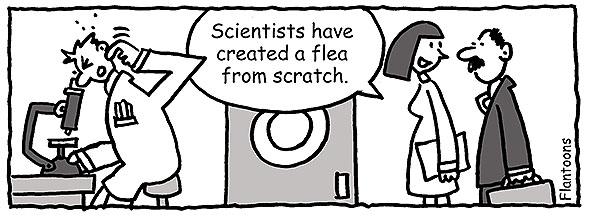
Get rid of; remove; put an end to
I wish we could do away with poverty.
To do something again from the beginning.
I need to do over the bedroom. My wife doesn't like the colour of the walls I just painted.
To fasten something (usually clothes)
Do up your shoelaces or you might fall.
To succeed in living or working without someone or something.
Let's take a look at a pair of words that are commonly confused by English learners: felt and fell.
Felt is the past tense and past participle of the verb 'feel'.
She felt better after a good sleep.
I haven't felt this sick for a long time.
Fell is the past tense of the verb 'fall'.
I broke my arm when I fell off the horse.
She tripped and fell down the stairs.
Adding a prefix to the start of a word changes the meaning.
Dis- is a negative prefix. It means not or none. When we add dis- to the beginning of a word, we give it the opposite meaning.
Take a look at these example sentences.
The sun appears over the sea in the morning and disappears behind the mountains in the evening.
Stealing is dishonest. Now be honest with me, did you take the CD?

This month's cartoon is based on the word scratch.
Scratch (verb)
to rub your skin with your fingernails, often when your skin is itching. In the picture, the scientist is scratching his neck.
"She scratched her nose."
"My back is itching. Can you scratch it for me?"
Be verbs are am, are, is, was, were, been and being. We only only use be as to be.
"Be" verbs indicate a state of being.
I am British.
He is lonely.
We are waiting.
I am not happy.
He is not a student.
We are not sleeping.
Use be at the start of questions.
Am I late?
Is he your brother?
Are we going?
The organisers of Glastonbury festival have ended months of _1_ over who will headline the Pyramid Stage on Saturday, by announcing that Metallica are to fill the spot. _2_ began circulating the other week when Glastonbury organiser Michael Eavis said the final headliners were "one of the biggest-selling bands in the world".
What's the difference in meaning between these sentence? Pay particular attention to the bold verbs:
She's going to clean her room.
She's going to have her room cleaned.
I let her clean her room.
I made her clean her room.
These three words are causative verbs. They show us that some person or thing helps to make something happen; they express what causes an action to happen.
Do you have any brothers or sisters? If so, how old are they? Do you get along well with your family? Are friends more important than family? What do you think?
Let's review the names we give family members. These are the ten words you will need to use. Read them through carefully before you
Husband
Aunt
Cousin
Sister
Niece
Use auxiliary verbs before other verbs to form questions, passives and negative sentences, a compound tense or the passive. Auxiliary verbs are also known as helping verbs. These verbs give us more information about the main verb in a sentence often to give us more detail about time. That is why they are used in progressive and perfect tense sentences.
Although there are 23 'helping verbs' in English, which include modal verbs (will, can, should etc.), the three basic auxiliary verbs are:
Read through this text and choose the correct missing words:
May Day on May 1 is a traditional spring festival and public holiday in many parts of the _1_ Hemisphere. On this day _2_ people would celebrate the end of winter and the return of spring. During the 20th century, traditional May Day celebrations _3_ in many countries as May 1 became associated with Iternational Workers' Day.